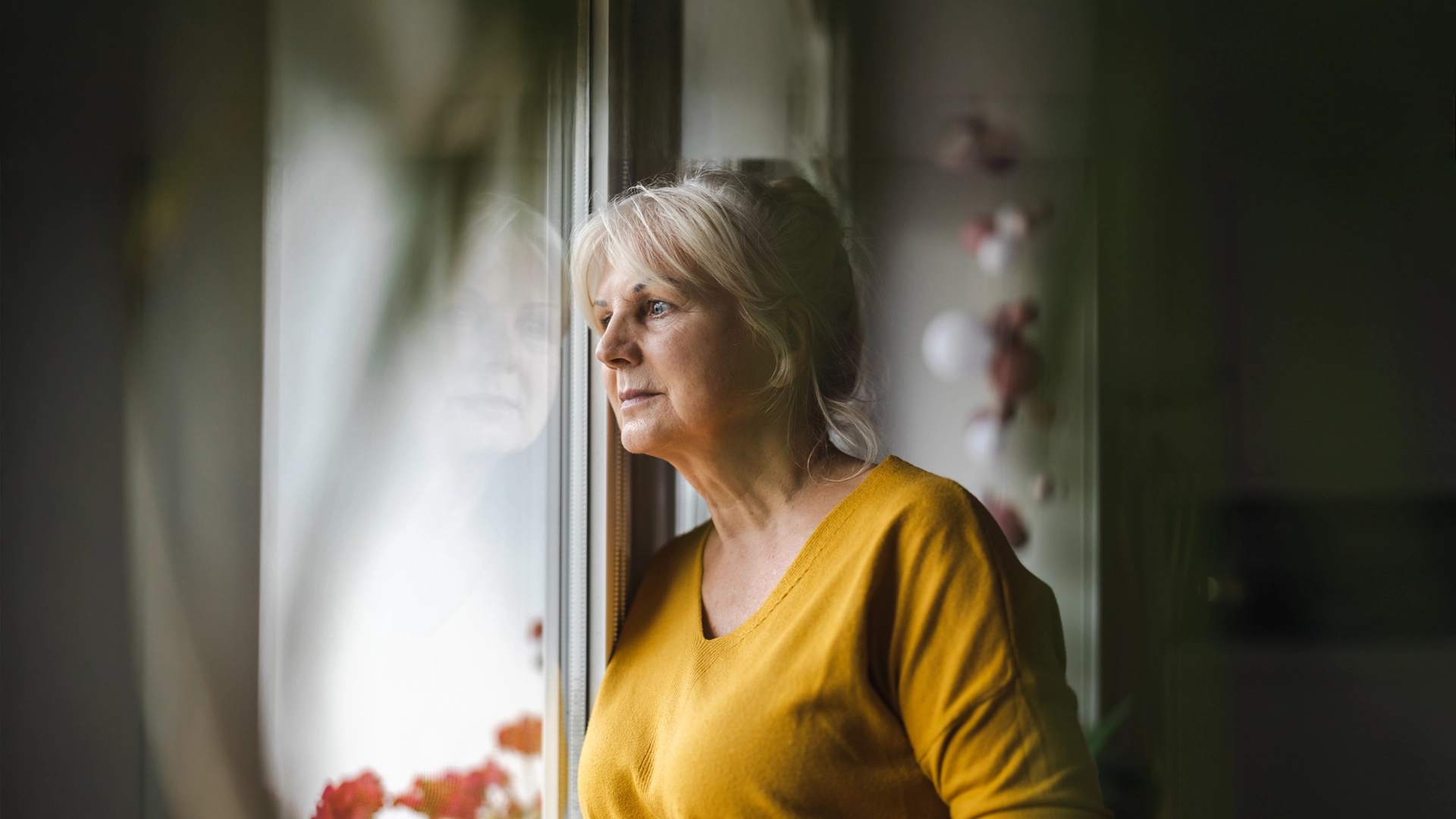Feeling lonely or socially isolated? It’s not just you. According to the National Institutes of Health, about 24% of American adults aged 65 and older living in their community are considered to be socially isolated, and 43% of American adults aged 60 and older reported feeling lonely. Social isolation is defined as having few social contacts and people to interact with regularly, while loneliness is the feeling of being alone or separated. Ongoing loneliness can negatively impact our mental and physical health, and older adults are at increased risk of loneliness or isolation due to major life changes such as the loss of a loved one or health issues. The good news is there are ways to work through loneliness and get back to feeling like you. Read on for tips to help you stay connected and confident as you age.
Stay connected with friends and loved ones
Building on positive relationships with friends and loved ones can make you feel better, because it’s literally good for your health! According to the Office of the U.S. Surgeon General’s 2023 report on loneliness and isolation, social connections can influence the regulation of certain systems in our body that affect the development of diseases. That means the more positive social interactions you have, the healthier you will be overall. If you have any friends or family that live in your area, try to meet up with them every now and then. Technology can also help you keep up social connections by allowing you to stay in touch with friends and family no matter how far away they are.
Make new connections
New relationships can be just as beneficial to our health as building on ones we already have. Social activities can present opportunities for you to meet others in your community who share your interests. Try joining a class or club focused on something you are interested in, such as a book club, yoga class, or cooking lessons. Some senior centers offer activities and programs for people who want to stay active and engaged with their community. Online social groups also allow individuals to share their personal experiences and to receive or provide assistance—including information, advice, and emotional support.
Stay active
Physical activity supports your body and mind, which can be particularly beneficial to those dealing with loneliness or social isolation. In older adults, both social isolation and loneliness is shown to increase the risk of depression or anxiety, according to the U.S. Surgeon General’s 2023 report on loneliness and isolation. However, the National Library of Medicine finds that moderate and high physical activity by older adults are associated with significantly reduced rates (15%-30% lower) of severe loneliness and social isolation. That’s because physical activity increases our bodies’ production of endorphins, or feel-good hormones, that reduce pain and improve mood. Participating in group exercise classes can give you the added benefit of social interaction during your workout. The Office of the U.S. Surgeon General’s 2023 report on loneliness and isolation also shows that social connections are a top indicator of a long life and better physical and mental health. Try signing up for classes at your local gym, park, or senior center to meet new people in your community through fun and fitness.
Learn a new hobby
Taking up a new hobby or enrolling in a class can be a great way to meet new people and stimulate your mind. A 2023 study of 93,000 older adults by Nature Medicine finds that those with hobbies report better health, more happiness, fewer symptoms of depression, and higher life satisfaction. Being more socially connected, according to the Office of the U.S. Surgeon General’s 2023 report on loneliness and isolation, can help you better deal with stress and prevent its negative health effects, which can include poorer health-related behaviors, brain development issues, and a higher risk of physical and mental health conditions. Many senior centers and adult day programs offer educational courses and fun recreational activities (e.g. painting, scrapbooking, card games) to promote the mental health of older adults and give them a safe space to socialize and engage.
If you’re experiencing ongoing loneliness or are concerned about your mental health, talk about it with your healthcare provider or call 2-1-1. They will be able to connect you to the right support and care.

